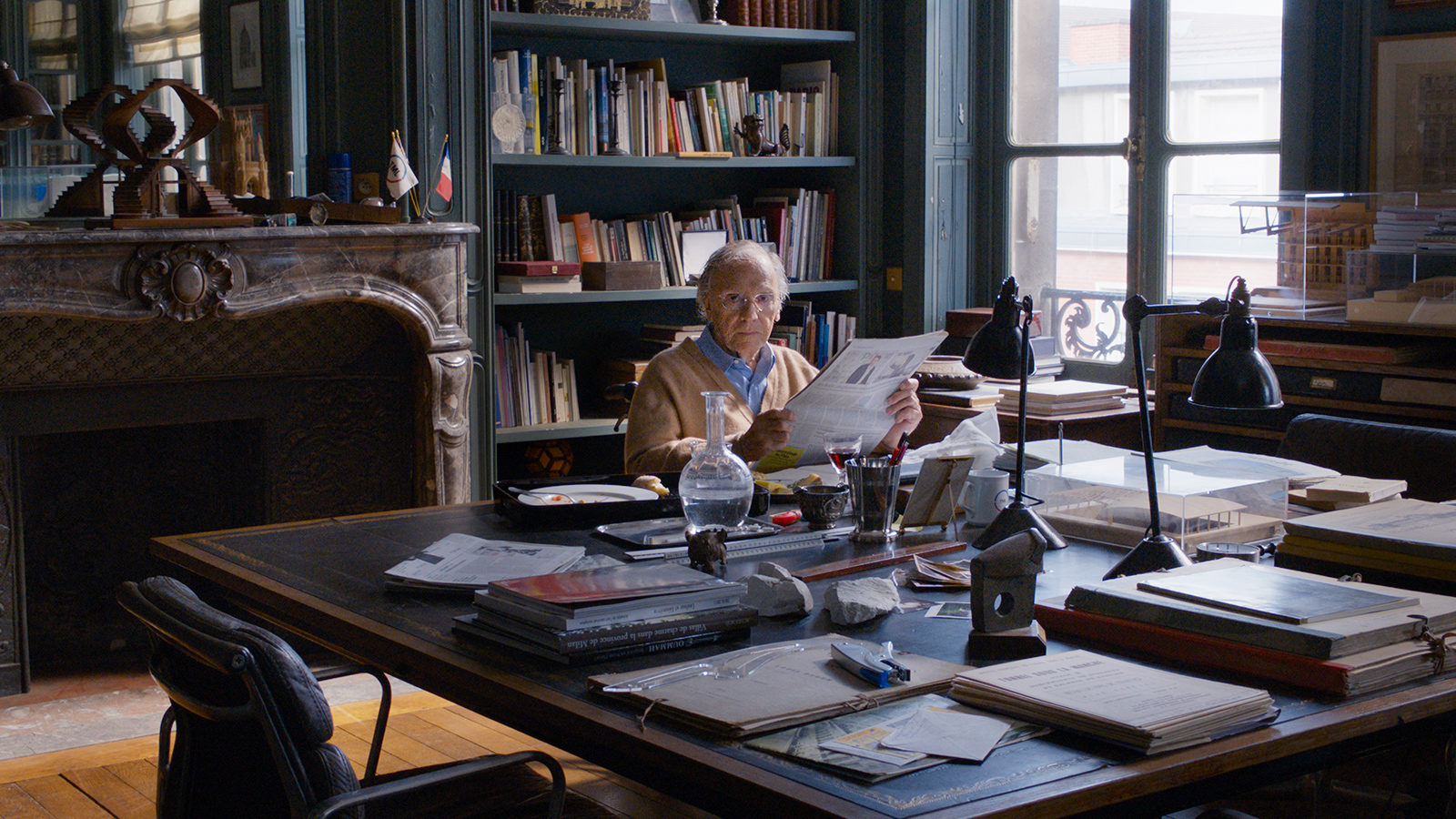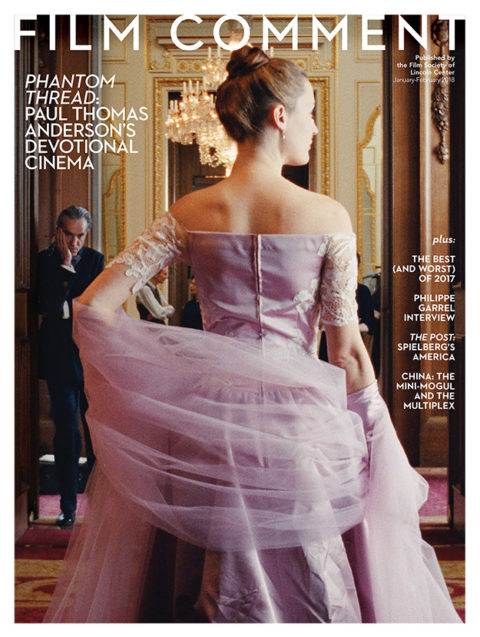By Yonca Talu in the January-February 2018 Issue

Short Take: Happy End
(Michael Haneke, France/Austria/Germany, Sony Pictures Classics, Opened December 22)
After the poignant tenderness of The White Ribbon (2009) and Amour (2012), Austria-based master of cruelty Michael Haneke teams back up with the Devil in Happy End, his eagerly awaited but coldly received take on modern technology and the European migrant crisis. As topical as it is, Haneke’s latest exercise in cynicism and violence unfolds in a string of clichés about bourgeois dysfunction and malaise, littered with contrived characters whose privileged status only partially explains their lack of dramatic depth.

From the January-February 2018 Issue
Also in this issue
Rooted in the filmmaker’s interest in capitalism and colonialism, Happy End offers an indictment of Western hypocrisy on refugees through the story of a self-absorbed industrialist French family in the immigrant hub of Calais. The subdued narrative charts the wealthy Laurents’ professional and moral downfall following a near-fatal accident on their premises against the backdrop of the impoverished migrant community, whose ghostly presence throughout metaphorically conveys the protagonists’ apathy and social disconnectedness. This spectacle of decadence is quietly observed by the household’s youngest member, 12-year-old Eve (Fantine Harduin), a typically Hanekean combination of innocence and sociopathy for whom death holds a morbid fascination. A key prop, Eve’s iPhone revives the voyeuristic digital aesthetics of Benny’s Video (1992), but with far less visceral effect.
A potent director’s inevitable self-pastiche, Happy End suffers from the absence of Haneke’s usual quest for humanity within perversion.







